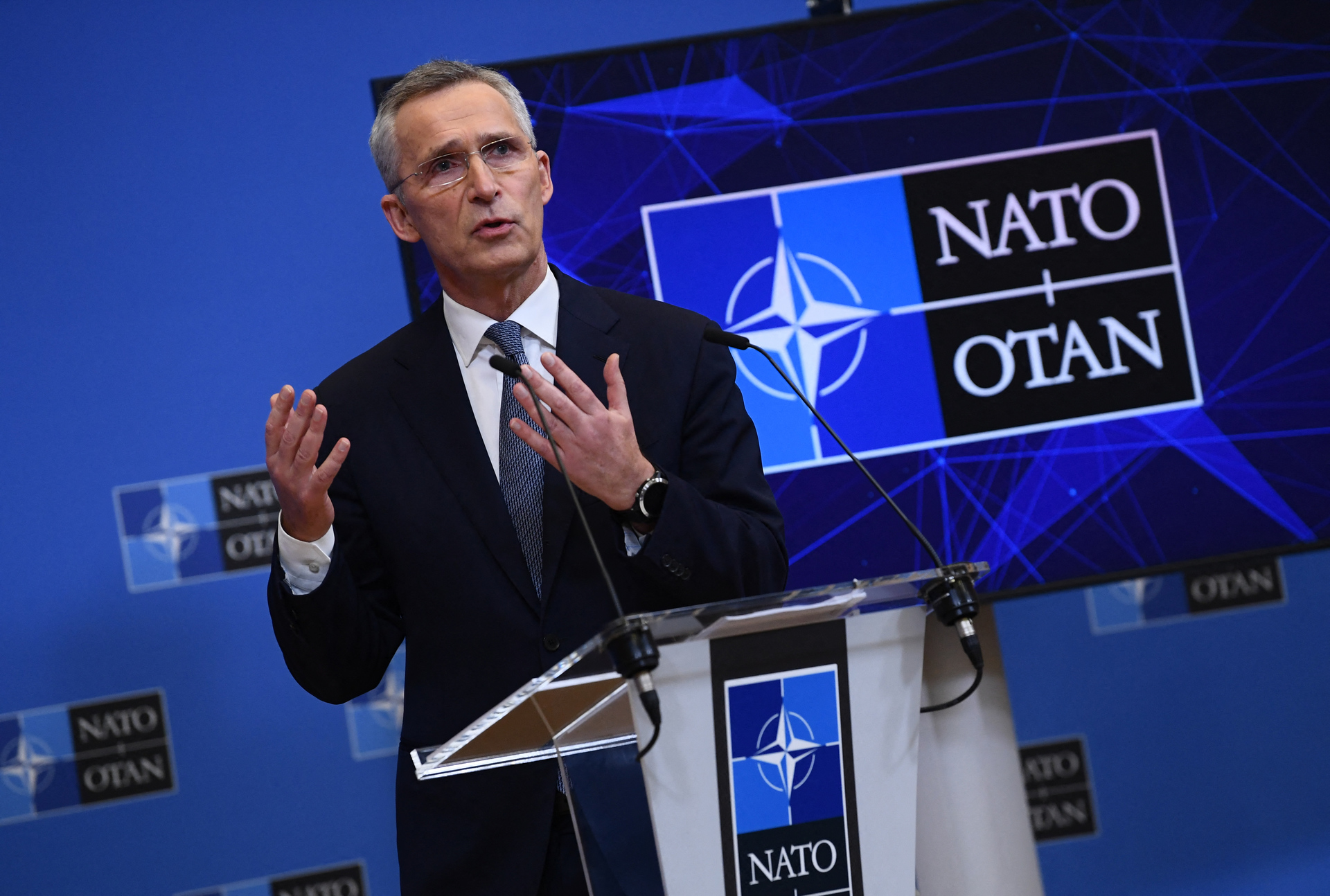The Russian Foreign Ministry received a written response from the United States on Russian proposals for security guarantees.
The corresponding confirmation is published on the website of the Foreign Ministry.
The Foreign Ministry clarified that on January 26, Russian Deputy Foreign Minister Alexander Grushko received US Ambassador John Sullivan at the request of the American side.
“During the meeting, the head of the American diplomatic mission handed over a written response from the US administration to the draft bilateral treaty on security guarantees previously presented by the Russian side,” the report says.
According to RIA Novosti, John Sullivan left the Foreign Ministry building on Smolenskaya Square, refusing to comment.
Bloomberg also reported on the transfer of a response to the Russian side.
The information was confirmed by US Secretary of State Anthony Blinken.
He said that he intends to talk with Russian Foreign Minister Sergei Lavrov in the coming days, after Moscow reads the answer and is ready to discuss next steps.
“They (US responses. -
RT
) set out a serious diplomatic path forward if Russia chooses it,” TASS quotes him.
At the same time, he noted that the United States does not plan to publish a response to Russia's proposals.
“We are not releasing this document because we believe that diplomacy has the best chance of success if we create conditions for confidential negotiations.
We hope and expect that Russia will adhere to the same point of view and take our proposal seriously,” he said.
He also said that US President Joe Biden took part in the work on the answers of the American side.
According to Blinken, the United States is committed to dialogue with Russia and prefers a diplomatic way of settling issues where communication is possible.
The document, he noted, contains positive points on which joint work is possible.
The US responses, he said, were coordinated with Ukrainian partners as well as European allies.
At the same time, Blinken said that the United States would not abandon NATO's "open door" principle.
According to the Secretary of State, Biden took an active part in preparing a response to the proposals of the Russian Federation.
“It outlines areas and a set of ideas on which we can jointly achieve progress in ensuring collective security,” Blinken said.
In addition, on January 26, NATO Secretary General Jens Stoltenberg also said that the alliance had given Russia a written response to proposals for security guarantees.
The answer was handed over to the Russian ambassador in Brussels, the Foreign Ministry said.
NATO Secretary General Jens Stoltenberg
AFP
© JOHN THYS
"NATO sent a written response to Russia's proposals, we did it in parallel with the United States," Stoltenberg said.
The NATO Secretary General also stressed that the alliance intends to adhere to the principle of "open doors" for new countries, noting that "any country has the right to choose its own path."
At the same time, Stoltenberg said that the NATO response contains a proposal to restore the diplomatic missions of the parties.
“NATO is serious about making progress in dialogue with Russia,” Stoltenberg said at a briefing.
According to him, the NATO proposals presented in the response to Russia were supported by all countries of the alliance.
Recall that on January 21, Russian Foreign Minister Sergei Lavrov held a meeting in Geneva with US Secretary of State Anthony Blinken, during which the parties, in particular, discussed Russian proposals on security guarantees.
According to Lavrov, an agreement was reached that the United States would send written responses to Russia's proposals at the end of January.
At the meeting, the Russian side once again emphasized its demand for NATO's non-expansion to the east.
Later, US State Department spokesman Ned Price said that Washington would not make unilateral concessions on Russian security proposals.
According to him, there may be fruitful discussions between Russia and the United States, which will lead to the resolution of issues that cause mutual concerns in the field of security.
On December 17, the Russian Foreign Ministry published drafts of a treaty with the United States and an agreement with NATO on security guarantees, which were handed over to their Western counterparts.
The documents, in particular, contain provisions on the non-deployment of medium-range and shorter-range missiles within each other's reach, mutual security guarantees in Europe, and the refusal to further expand NATO, including at the expense of the former Soviet republics.
In early January, Russia held a series of talks with the US and NATO on these issues.

